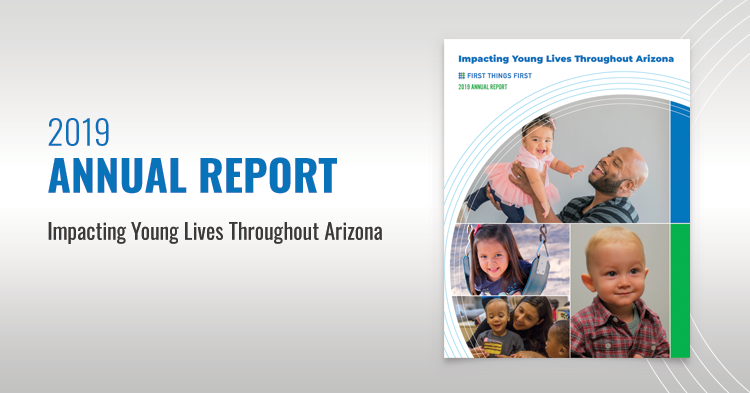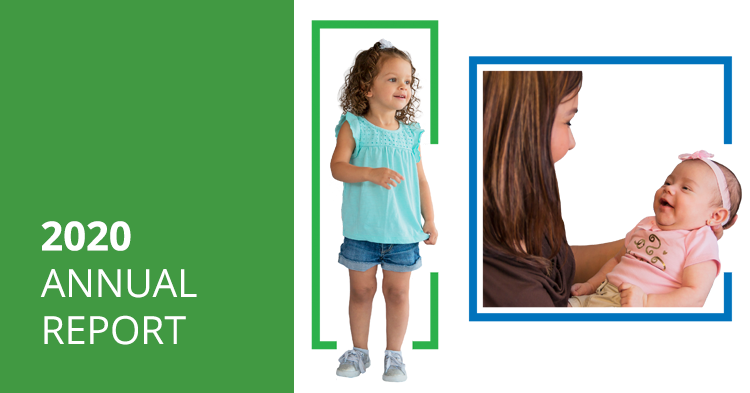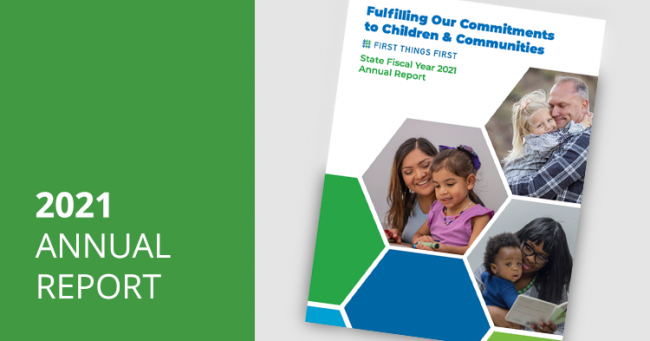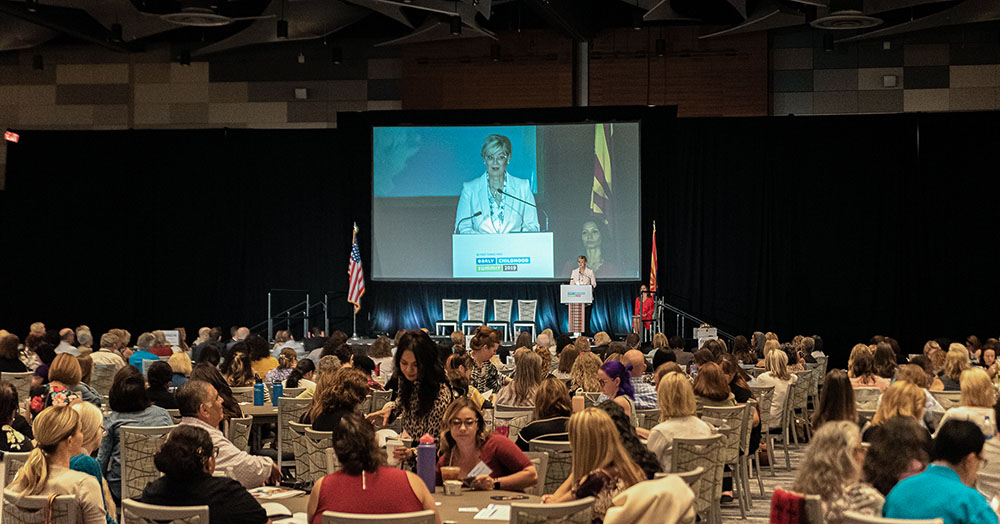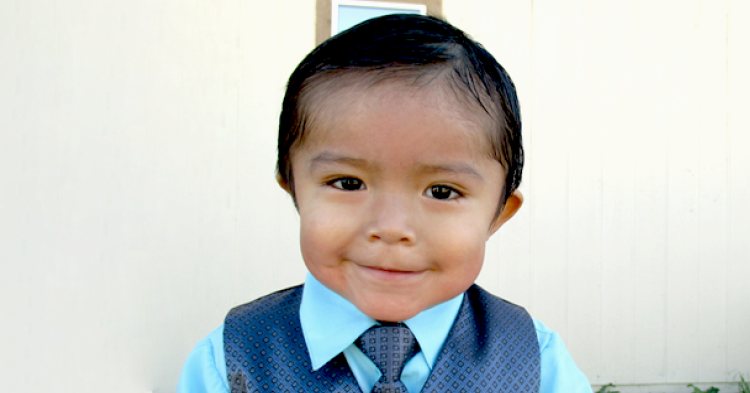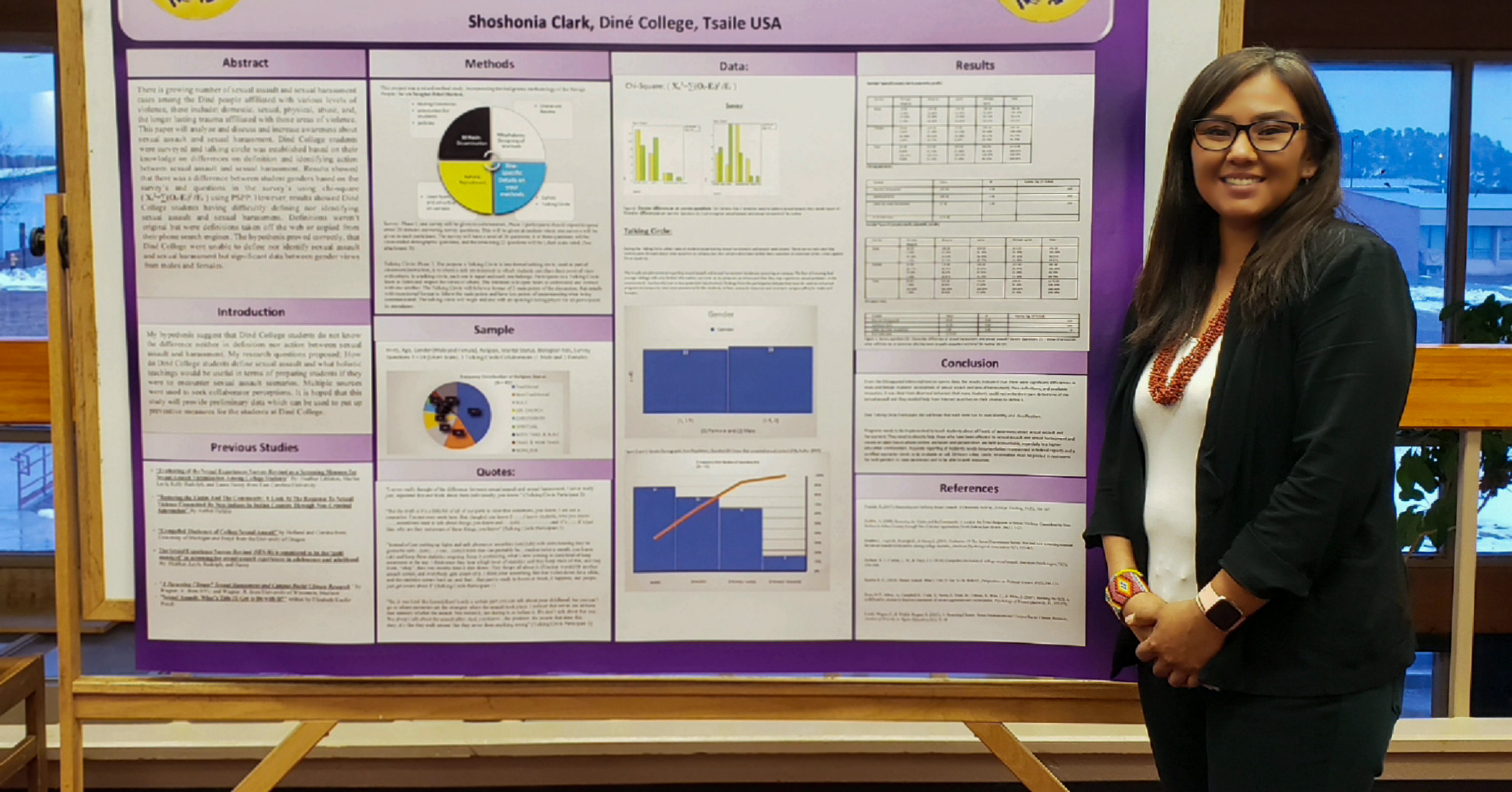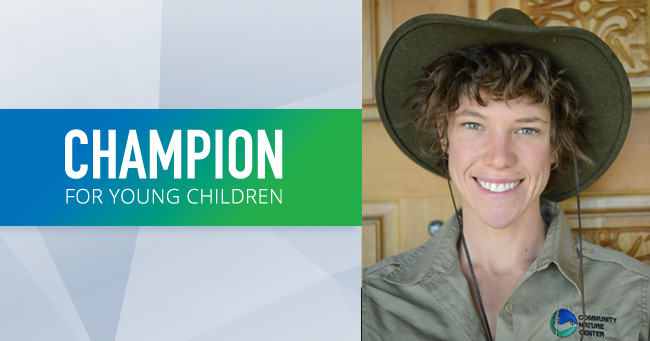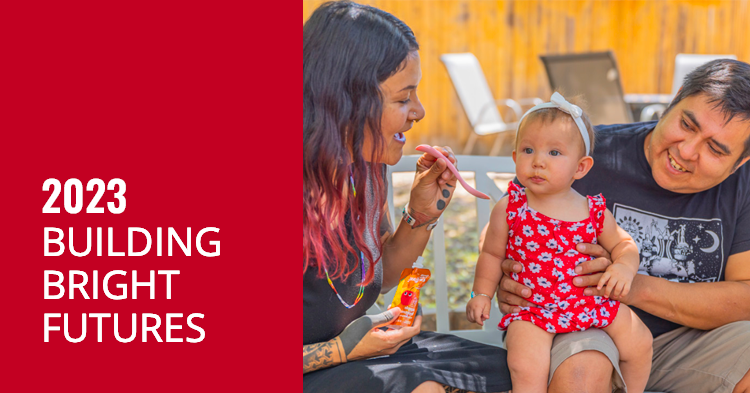
A new report from First Things First provides insight into the challenges facing young children in Arizona and details the need for continued work to ensure the future stability of child care in Arizona in a post-COVID-19 landscape.
Building Bright Futures, 2023 Statewide Needs and Assets Annual Report is FTF’s biennial assessment of the status of young children. Included is an issue essay that explains why the child care industry struggled before the COVID-19 pandemic, how the pandemic exacerbated the child care crisis, how Arizona has benefited temporarily through the largest public investment in child care in U.S. history and why the future stability of child care in Arizona will rely on long-term public investments.
The report’s data summaries paint a picture of the overall status of children statewide, which covers the latest data available since the previous report published in 2022. For example, one section details the economic circumstances of Arizona’s children.
Families in Arizona tend to earn less than other U.S. families. According to the report, the median family income in Arizona in 2021 was $78,542, about $6,000 lower than the U.S. median family income of $84,197. Although the median family income has risen steadily since 2016, so has the cost of living. For example, in the Phoenix area, the Consumer Price Index was 9.7% higher in December 2021 compared to the previous year.
Research shows that children who grow up in poverty and unstable economic conditions are more likely to face negative effects on their cognitive, behavioral, social and emotional development compared to those in stable economic environments.
Poverty is associated with reduced access to nutrition, green space and health care, and greater exposure to psychosocial stress and environmental toxins. These factors can directly and indirectly hinder children’s growth and brain development.
Another indicator of the adequacy of income that depends on family size and family composition is the federal poverty level. For example, in 2021, a family of two adults and two children earning an income lower than $27,479 was considered to be in poverty according to U.S. Census definitions.
These amounts are substantially lower than the Self-Sufficiency Standard, which determines the amount of income required for working families to meet basic needs at a minimally adequate level, taking into account family composition, ages of children and geographic differences in costs.
For example, the self-sufficiency wage in Maricopa County for a family of two adults, one infant, and one preschooler is $84,764 vs the same family in Gila County, where it’s $73,451. Both amounts are based on 2022 data, calculated by the University of Washington Center for Women’s Welfare.
The proportion of children living in poverty has fallen significantly since the 1980s, but children are still more likely than adults to live in poverty. Following this national trend, child poverty rates in Arizona have been steadily declining.
In 2021, the proportion of Arizona’s young children living in poverty decreased to 18.4%, the lowest it has been since the American Community Survey began collecting these data. These declines are attributed to a variety of factors including rising wages, more single mothers participating in the workforce and multiple social safety net programs including the expanded child tax credit available during the pandemic.
However, despite these gains, national data released by the Census Bureau suggests that with the end of many expanded social safety net programs in 2022, poverty rates are again increasing, with marked increases in child poverty rates in 2022 compared to 2021.
It is our hope that early childhood stakeholders – including parents and caregivers, child care and health providers, state and non-profit agencies, educators, businesses, philanthropists, faith organizations, policymakers and elected leaders – are partners in addressing children’s school readiness.
This report is a tool to begin a public dialogue on what our children need to learn, grow and succeed and the crucial role that all Arizonans play in ensuring that our kids are ready for school and set for life.


